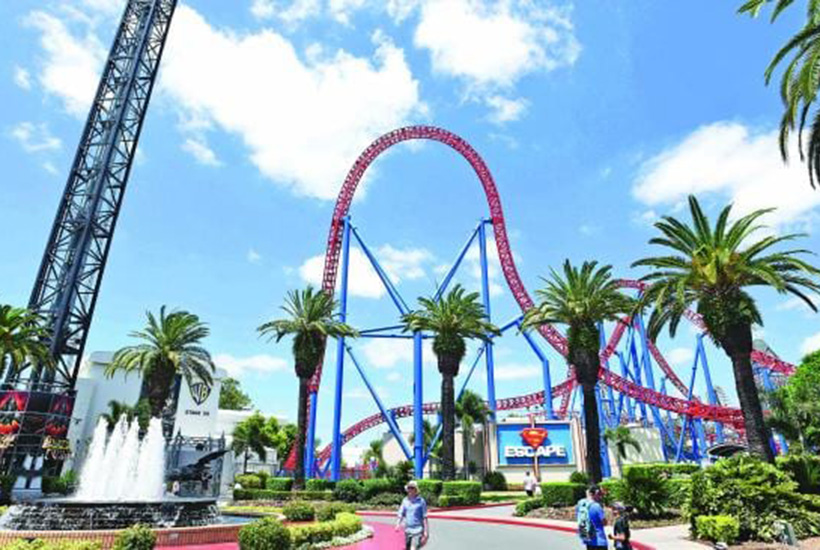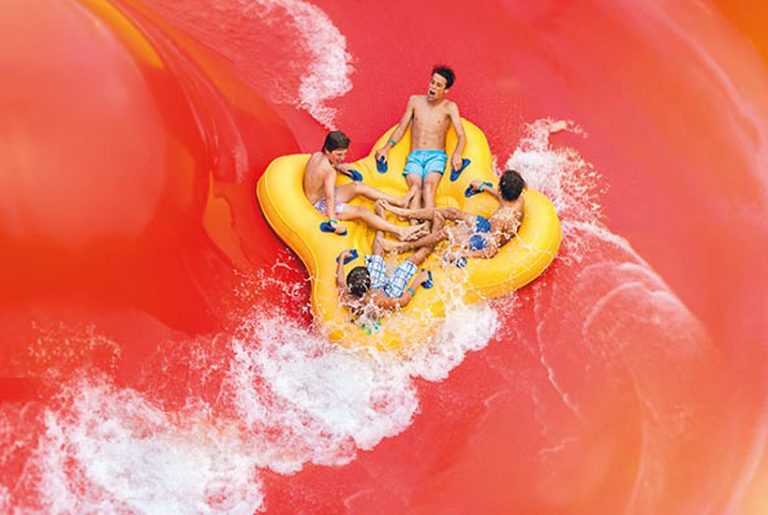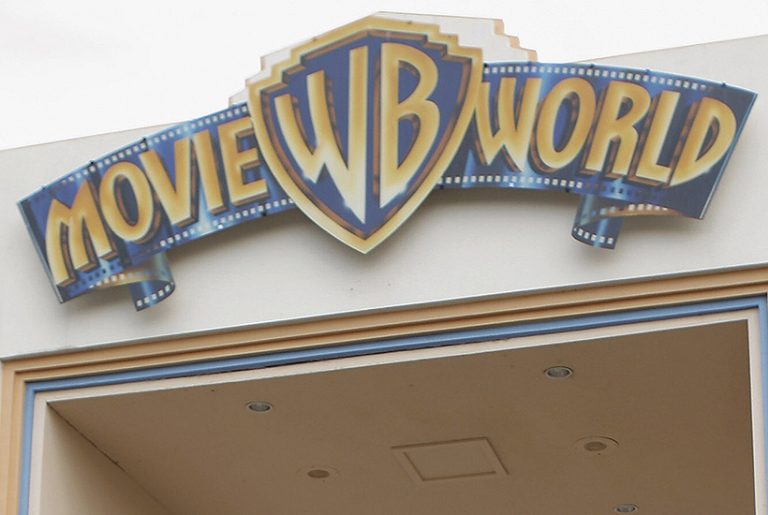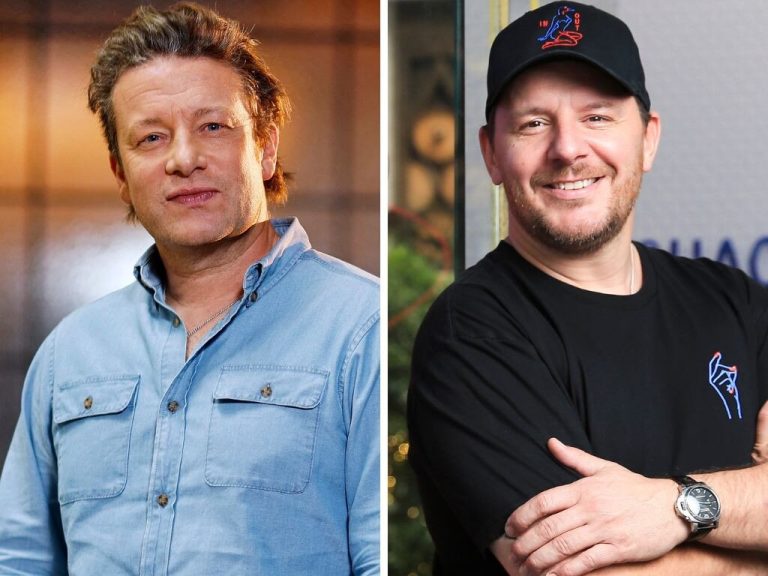Village Roadshow’s battle continues after Dreamworld tragedy

Village Roadshow hopes to raise about $50 million in fresh capital as it seeks to get its business back on track as its Gold Coast theme parks drag its performance down.
The listed cinema operator’s theme parks are under pressure almost two years after the Dreamworld tragedy as earnings have been slow to recover and it has been selling assets to keep its leverage from blowing out.
Village Roadshow’s group finance facility expires in two tranches, with $450m due in December 2019 and $50 million in December 2020, according to its half-year results presentation in February. The company had net debt on its balance sheet of $436.2 million at the end of last December and it held $75.7 million of cash at that time. It has been selling assets as it looks to cut its hefty debt load.
Commercial Insights: Subscribe to receive the latest news and updates
Last month, Village Roadshow struck a deal to sell its western Sydney Wet‘n’Wild water park to Spain’s Parques Reunidos for at least $40 million.
That hit Village Roadshow with a pre-tax loss of about $25 million , cutting into its 2018 results, but it suffered heavier overall losses on the park.
The company also sold the land its Warner Bros Movie World and Wet‘n’Wild Gold Coast theme parks sit on for about $100 million to super fund LGIAsuper via a sale and leaseback deal last December.

Dreamworld continues to battle to attract visitor numbers.
It also carved into its debt pile last October by selling its stake in a Singapore movie theatre to partner Orange Sky Golden Harvest Entertainment Holdings for about $165 million.
But investors are still concerned with the company’s share price falling from above $4 in January to just $2.18 last Friday. Investment bank JPMorgan is handling the $50 million raising at a price reflecting a further discount and the stock was in trading halt yesterday. “The trading halt is requested to allow the company to provide information about a potential capital raising by the company,” Village said in a statement.
“The company requests that the trading halt remains in place until the earlier of the commencement of trading on Wednesday, July 11, 2018, and such time as the company is able to make an announcement about the potential capital raising and requests the trading halt be lifted.”
Morningstar had estimated the company’s debt was close to $350 million at the end of last month, putting the company under pressure as underlying earnings had fallen from $136 million to $86 million.
The equity injection will stave off immediate concerns about its leverage but the company is still to find a way of bringing back visitors to its Queensland theme parks, after a decline after the 2016 accident that claimed four lives at Dreamworld on the Gold Coast.
This article originally appeared on www.theaustralian.com.au/property.







